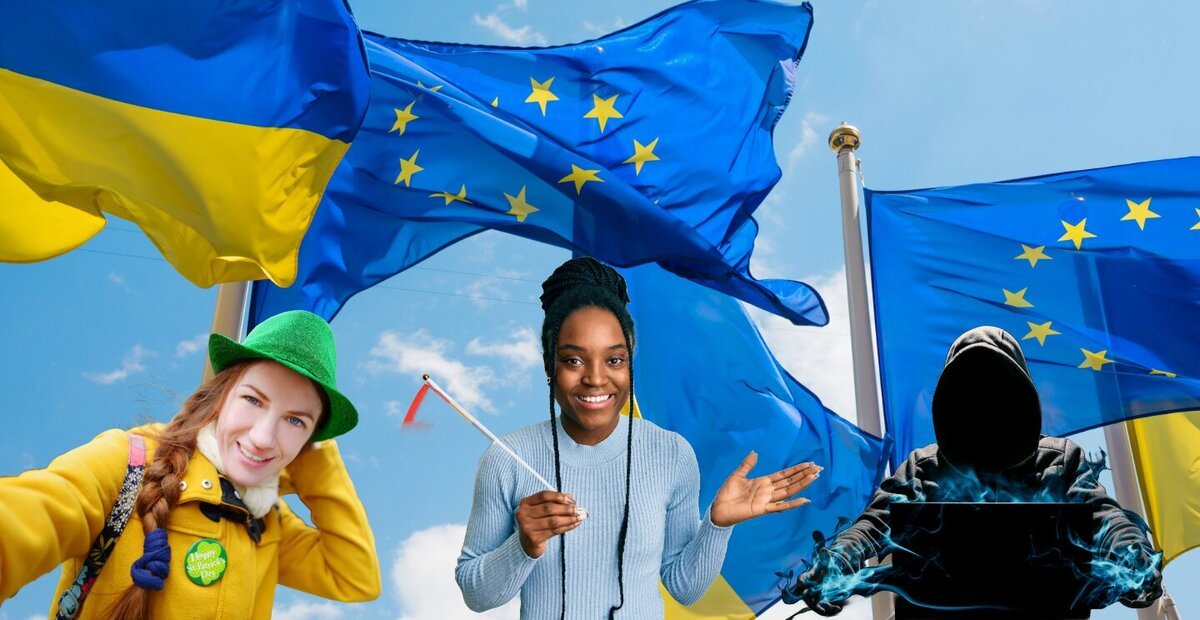Democracies in the West have a new phantom menace, which is disinformation. This term has become a generic heading for many forms of digital abuse, which digital authoritarians have harnessed in their assault on open societies. Currently, we see a lot of attention placed on this, but do we really have to worry?
From my perspective, we should have worried in 2016 when Donald Trump won the presidential election in the United States. Election related claims, counter-claims, and escalation of political tensions in the United States were indicators of just how toxic the information environment became there.
Of note then, was the aggressive politics of GOP Republicans deteriorating into far-right fervor. Their ideas drew criticism from more moderate Republicans like Senator John Mc Cain RIP. Politics aside, the pattern of influence exerted was disruptive, apparently coordinated, and certainly suspicious.
Social media has played a key part in disinformation campaigns for the last decade in the West. Elon Musk’s management of Twitter, now X, has drawn a lot of criticism for feeding the beast of disinformation. When contention and conflict are attracting attention and patronage, there is little incentive for some to reel it in.
As the years progressed, the digital effects spilled over to the physical world in democracies throughout the West. The power held by digital authoritarians grew exponentially. Rising with this power was backing by hostile state and non-state actors in a hazy alliance of malicious interests.
Combating Disinformation: The Digital Services Act
This malicious focus on western democracies turned into a powerhouse of disruption that aggregated in threat level for the societies targeted by it. The Digital Services Act in the EU was the first substantive response to this new threat. It laid out broad strokes of compliance for tech companies, despite protest from some quarters.
It’s accepted that the Digital Services Act is only a solution in part. Disinformation, and all other forms of digital subversion, can remotely target individuals in their host countries. The manner of their targeting can aggregate over a larger digitally engaged population to deliver a genuine threat for the society.
Child safety has arisen amid much consultation around this ground breaking law designed to face the threat of disinformation. Despite Meta, Facebook, and Twitter/X facing probes by the EU under the Digital Services Act, the Irish Council of Civil Liberties (ICCL) has raised concerns over what they refer to as toxic algorithms.
The media regulator in Ireland, Coimisiún na Meán, has released a new safety code under the framework of the Digital Services Act. It will require tech companies to increase their protection of children against malicious content, which has become frightfully commonplace in the digital world.
Some tech companies may resist these regulatory initiatives, designed to place the user in a position of safety and control. The debate will continue, as stakeholders thrash out points of law and responsibility in a battle of priorities, wills, and agendas. However, if you see the consequences of self-harm, radicalisation and social disruption, then there is no doubt.
A new future dawns
We are experiencing the weaponization of disinformation against us, as a society and as individuals. Expert planning and refinement feed an orchestration that can leave us in a position of silent servitude against a master we cannot see. We can only feel third hand, the exertion of malicious influence in a grand and seemingly unstoppable wave.
Thankfully, such a narrative does not survive the Digital Services Act, and more forthcoming initiatives designed to keep us safe. Despite the progress made in the Web2.0 era, we have become very vulnerable as digital users and as societies.
Web3.0 is dawning as a technological era, which coupled with lawmakers, educators and governments playing catch up, will see an adapted society that is more able to cope. What started out as a one sided attack on the very integrity of us all has developed with learning and knowhow. We are now in this fight, and together, will see calmer waters herald better days.




